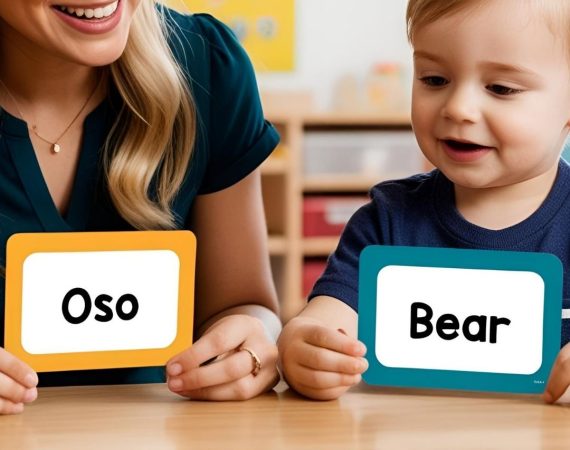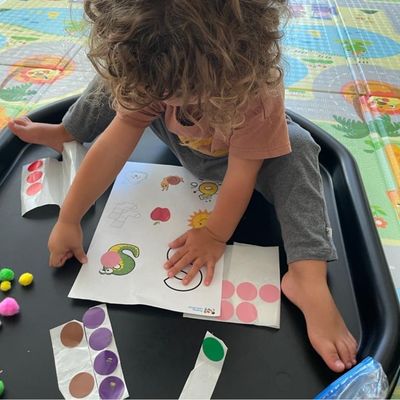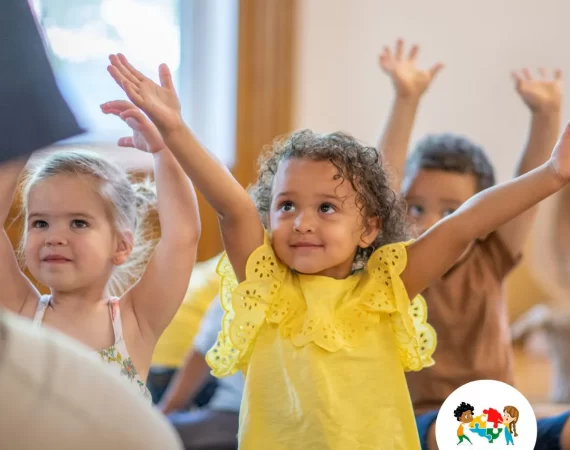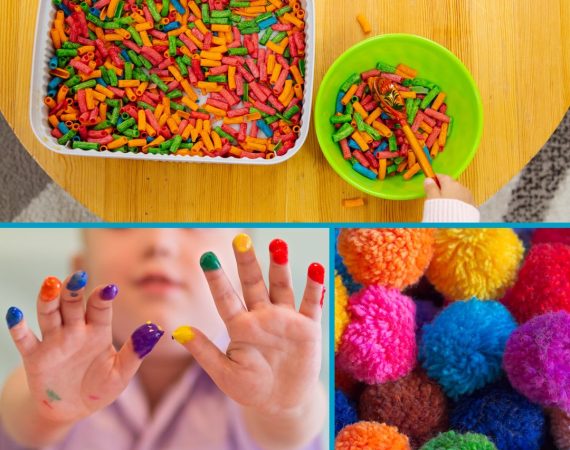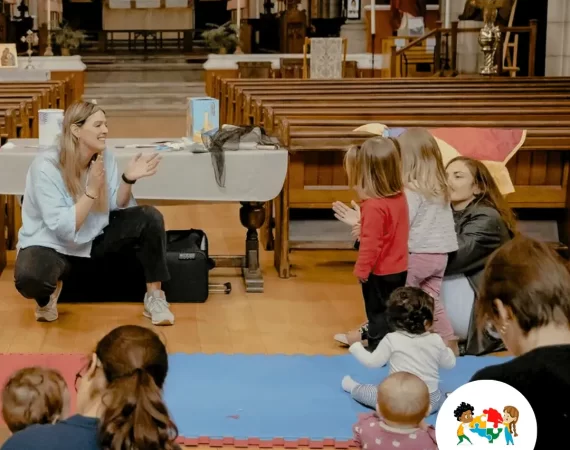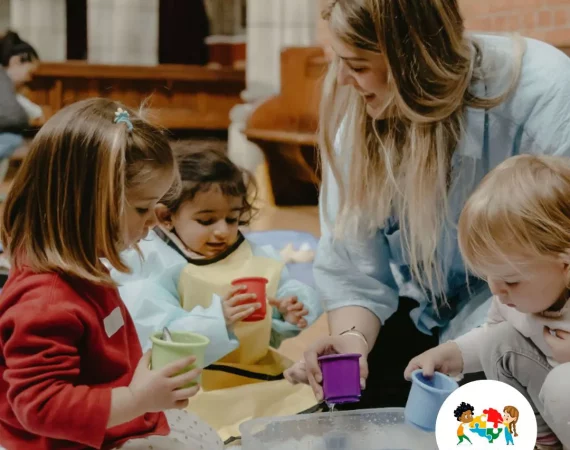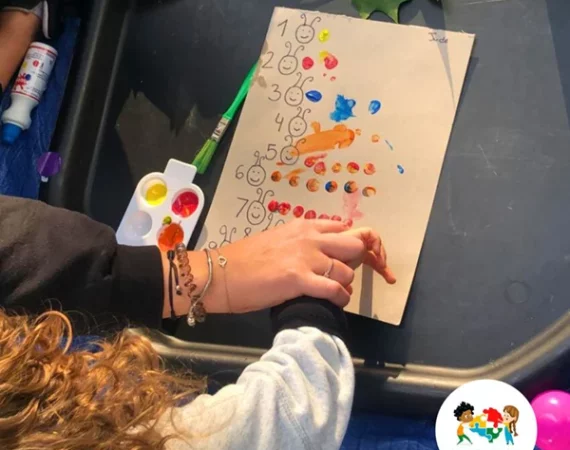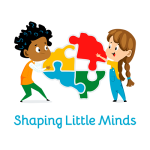At Shaping Little Minds, we focus on helping children develop emotional intelligence and relaxation skills through healthy habits in a world filled with distractions. Our aim is to help them reach their full potential both physically and intellectually. Our relaxation exercises center around breathing techniques, which are crucial for children to learn as it affects their physical exercise, stress management, focus, and perception of their surroundings.
We start with a short relaxation time to introduce children to this new experience and make it more enjoyable through fun “relaxation games.”
Our goal is to familiarize children with the concept of relaxation, not to expect immediate results.
Benefits
When practiced consistently, relaxation techniques bring many benefits, including:
- Increased self-confidence
- Improved sleep quality
- Better blood circulation
- Enhanced memory and concentration
- Improved learning
- Decreased mental and muscle stress
- Regulated energy levels
- Reduced anxiety
- Improved self-control
- Physical and mental peace and well-being after physical activity
Incorporating relaxation exercises into their lives is crucial for children’s overall growth and well-being.
Relaxation is becoming increasingly important for children, especially as they face stress and anxiety in their daily lives.
Shaping Little Minds
Tips
Here are a few tips to help your young child develop healthy habits and emotional intelligence:
- Breathing exercises: Simple breathing exercises can help children calm down and regulate their breathing. Controlled breathing can help reduce stress and anxiety and improve overall well-being. Encourage your child to take deep breaths and focus on their breathing when they feel overwhelmed or stressed.
- Relaxation games: To keep children engaged and interested, incorporate relaxation activities into games. Games that encourage children to focus on breathing, such as “blowing bubbles” or “blowing up a balloon,” are a fun way to help children regulate their breathing.
- Short relaxation sessions: Start with short sessions to get your child used to the idea of relaxing. Keep the sessions short and fun so that they are perceived as playtime, not a chore.
- Consistent practice: Regularly practicing relaxation techniques can have a positive impact on children’s lives. Consistent practice can help increase confidence, improve sleep quality, enhance blood circulation, increase memory and concentration, reduce stress and anxiety, regulate energy levels, and improve self-control.
- Physical activity: Incorporating relaxation techniques into physical activities can help children achieve physical and mental well-being. After physical activity, children can practice relaxation techniques to achieve a calm and relaxed state of mind.
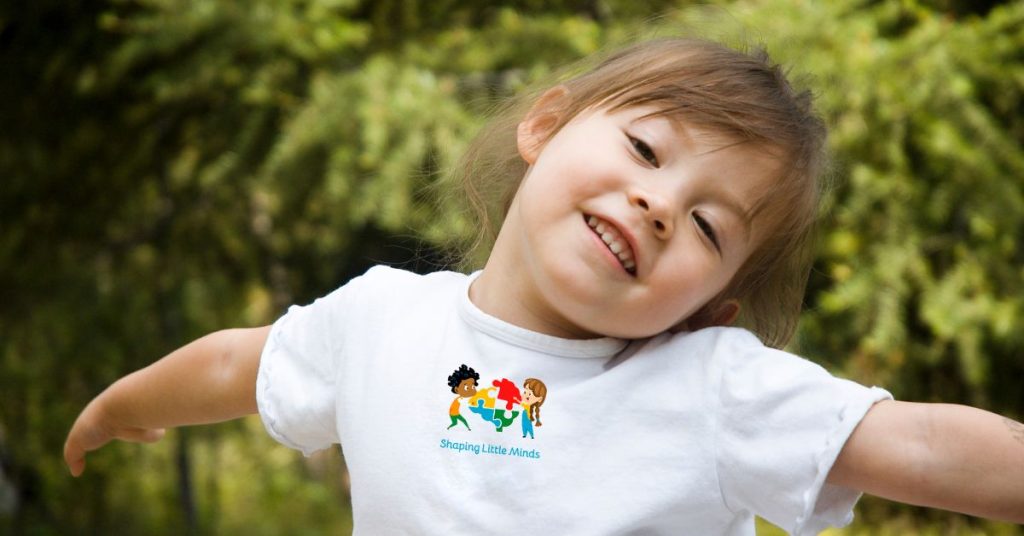
In conclusion, teaching children to relax and manage their emotions is essential for their overall development. By incorporating relaxation techniques into games and activities, parents and caregivers can help their young children develop healthy habits and build their emotional resilience from a young age.


